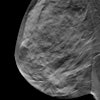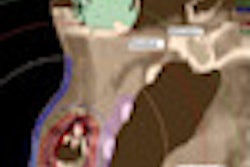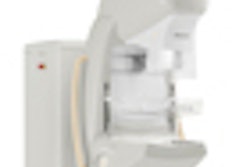Providing personnel to help patients navigate the healthcare system can reduce potentially dangerous delays in breast cancer diagnosis, according to a new study published online in the October issue of Cancer Epidemiology, Biomarkers & Prevention.
Lead author Heather Hoffman, PhD, of George Washington University and colleagues analyzed data of the time delay from suspicious finding to diagnostic resolution in 2,601 women who were evaluated at nine hospitals or clinics in the District of Columbia.
All the women included had a breast lump; about half of the cohort received patient navigation, while the other half got advice to follow up on the lump but did not get the extra help that a patient navigator provides, according to Hoffman's team (CEBP, October 8, 2012).
Patient navigators helped the women deal with issues such as lack of insurance, child care difficulties, and other barriers that can translate into missed medical appointments and a delay in the provision of care, Hoffman's team wrote.
Women who received help from a patient navigator had a mean diagnosis time for breast cancer of 25 days, compared with an average of 42 days for women in the control group to receive a diagnosis. Also, women in the study who needed a biopsy got a diagnosis in about 27 days if they received navigation, while women who did not get extra help in navigating the system found that it took an average of 58 days to get a cancer diagnosis.



















